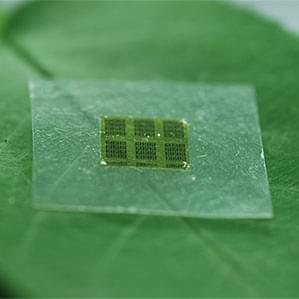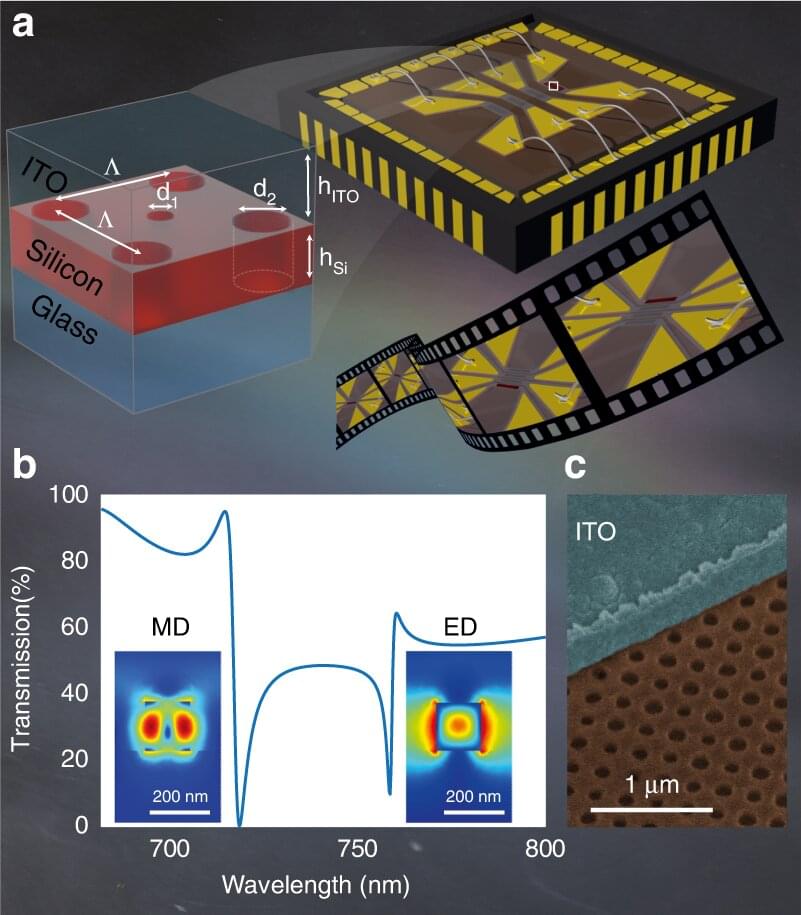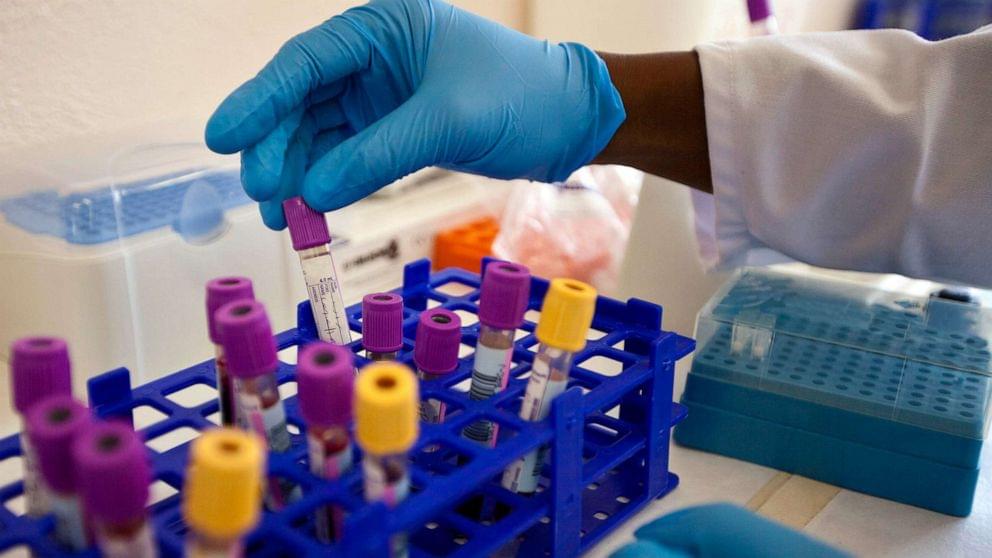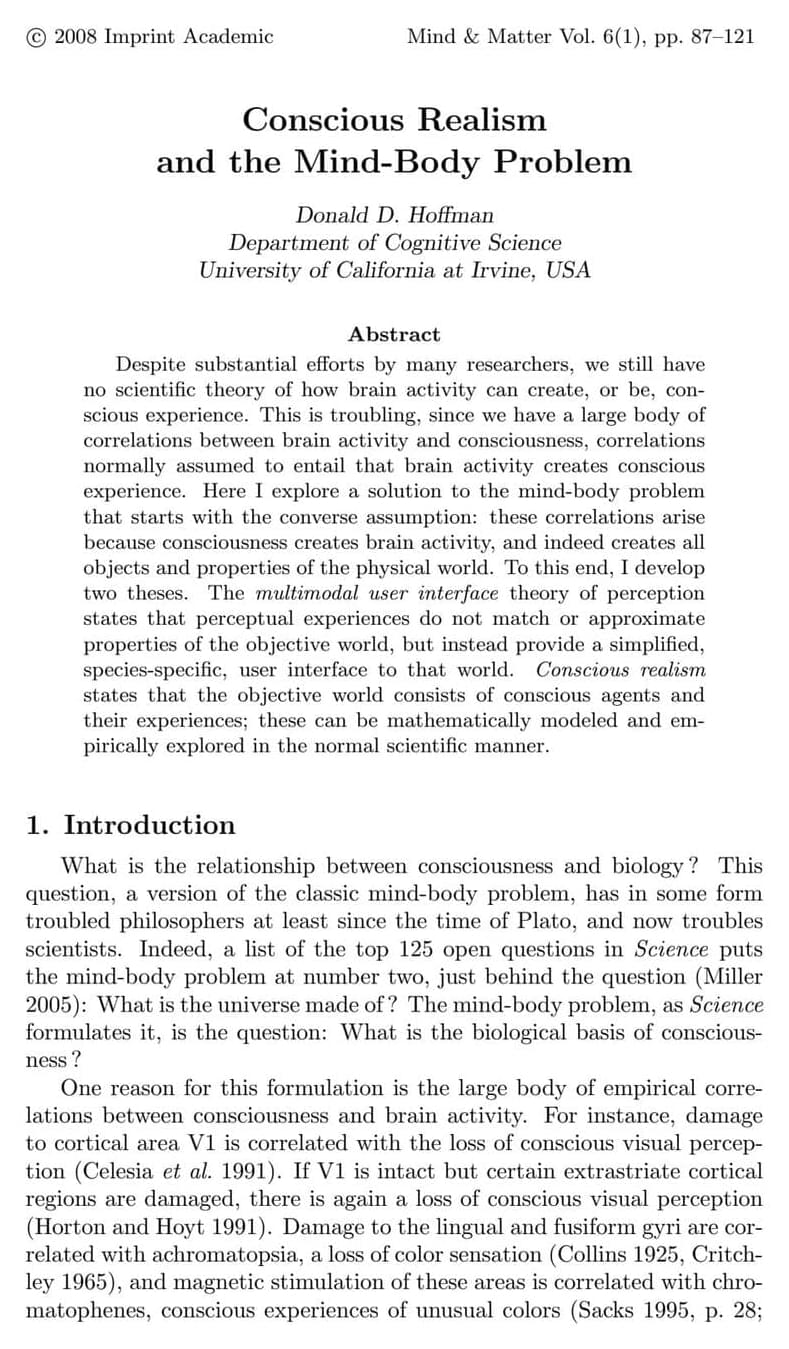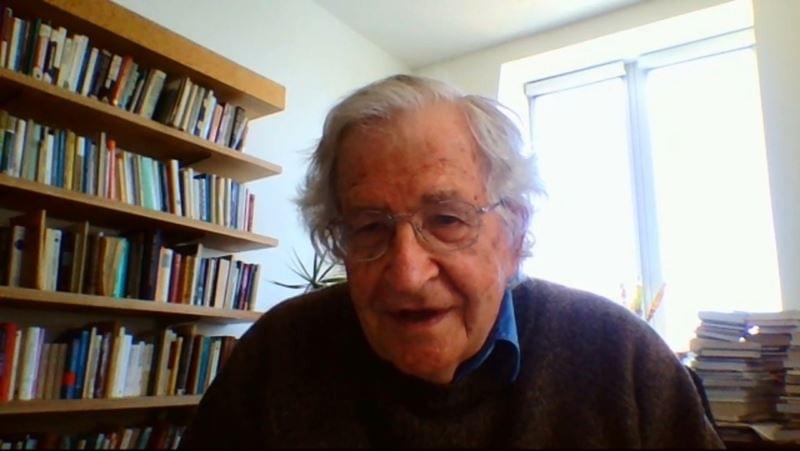Six massive galaxies discovered in the early universe are upending what scientists previously understood about the origins of galaxies in the universe.
“These objects are way more massive than anyone expected,” said Joel Leja, assistant professor of astronomy and astrophysics at Penn State, who modeled light from these galaxies. “We expected only to find tiny, young, baby galaxies at this point in time, but we’ve discovered galaxies as mature as our own in what was previously understood to be the dawn of the universe.”
Using the first dataset released from NASA’s James Webb Space Telescope, the international team of scientists discovered objects as mature as the Milky Way when the universe was only 3% of its current age, about 500–700 million years after the Big Bang. The telescope is equipped with infrared-sensing instruments capable of detecting light that was emitted by the most ancient stars and galaxies. Essentially, the telescope allows scientists to see back in time roughly 13.5 billion years, near the beginning of the universe as we know it, Leja explained.


